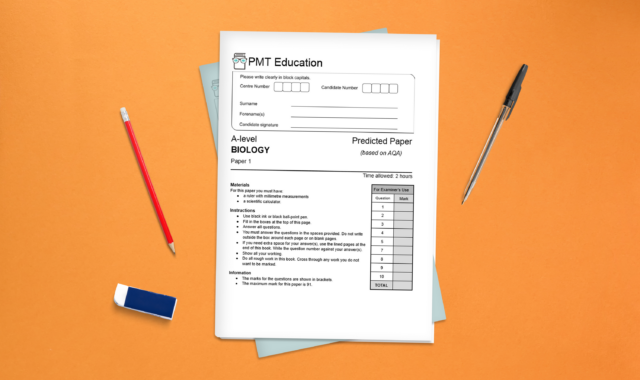Why is teacher CPD so important?
The impact of effective continuous professional development (CPD) has been well documented. James Zuccollo and Harry Fletcher-Wood found that the impact of high-quality teacher CPD on pupil outcomes compares to that of having a teacher with ten years’ experience rather than a new teacher. In a review, professional development was identified as the leadership activity that has the largest impact on pupil outcomes.
How can we be sure that teacher CPD will have an impact?
Despite the above, research has found that only 1% of CPD changes teachers’ practice. So, how can we ensure that our CPD makes it into this 1% and has the impact we are aiming for? Below, I have outlined my top 10 tips for making your school’s CPD impactful for teachers and pupils.
1. Your school improvement priorities should drive your CPD
The CPD you deliver should not be ad hoc or based on something you have seen in another school. Instead, all CPD should link to one of your school improvement priorities, which itself should be informed by an accurate self-evaluation.
2. Implement a cycle of CPD, monitoring and evaluation, and further CPD
Any CPD should be followed up, after time for implementation, by monitoring and evaluation. This will enable you to evaluate how well the focus of the CPD has been implemented and if it has been implemented with fidelity. This should then be followed up with further CPD to address any necessary refinements and share good practices that have been seen.

3. Revisit each priority regularly
As with pupils, we need to regularly revisit new learning with our staff if they are to embed new learning into their long-term memories and make changes to their practice. This can be used to recover previously covered practices and remind teachers of the most crucial elements.
4. Share the why
Be clear on why the CPD focus is a priority for your setting and pupils. What evidence did you gather on the problem or challenge? Why have you decided on this solution?
5. Share research evidence
Sharing evidence of the effectiveness of any practice you are asking staff to implement can gain buy-in and commitment. This can include research papers and case studies showing the impact of the strategy in other schools. We should also explain the supporting theory behind the strategy – for example, with explicit instruction, we may refer to the cognitive science model of memory and the limited working memory.
6. Focus on active ingredients
Active ingredients are the aspects of a practice that are crucial to its success, without which the strategy is likely to be ineffective. For example, the active ingredients of retrieval practice may include retrieval being repeated in spaced episodes over time, being low stakes, and feedback being provided. Making these ingredients explicit to teachers helps to ensure that they implement new practices in the most effective way possible.

7. Give time for school priorities, phase/subject priorities, and individual needs
Your teacher CPD programme should address school priorities or strategies that you would like all teachers to work on. It should also give time to subject or year group teams to provide development on aspects that form part of their improvement plan but may not be applicable to the whole school. Finally, we should ensure time for individual teachers to focus on an area of practice that is of interest to them or important to their career development.
8. Include peer collaboration and support
Peer collaboration and support has been identified as an active ingredient of effective CPD. This is because it provides non-hierarchical support and can increase commitment to the implementation of new techniques. This may include peer drop-ins and feedback, collaborative planning, and collaborative enquiries.
9. Include opportunities for practice
Again, practice has been shown to be crucial to teachers implementing new techniques into their classroom effectively. This is because practice allows teachers to use the techniques in a no-stakes environment, receive feedback, make improvements, and then use the refined techniques with pupils present. Practice can take many forms including the deliberate practice associated with instructional coaching, department discussions, and co-creating resources.
10. Address subject knowledge and pedagogy
Addressing subject knowledge is equally as important as general pedagogy and subject-specific pedagogy. This may be achieved through teachers sharing their expertise on a topic with their colleagues, colleagues gaining insight from an external expert, or teachers having time to discuss the topics they are teaching in the coming weeks, including the subject knowledge required and how best to teach them.







Comments